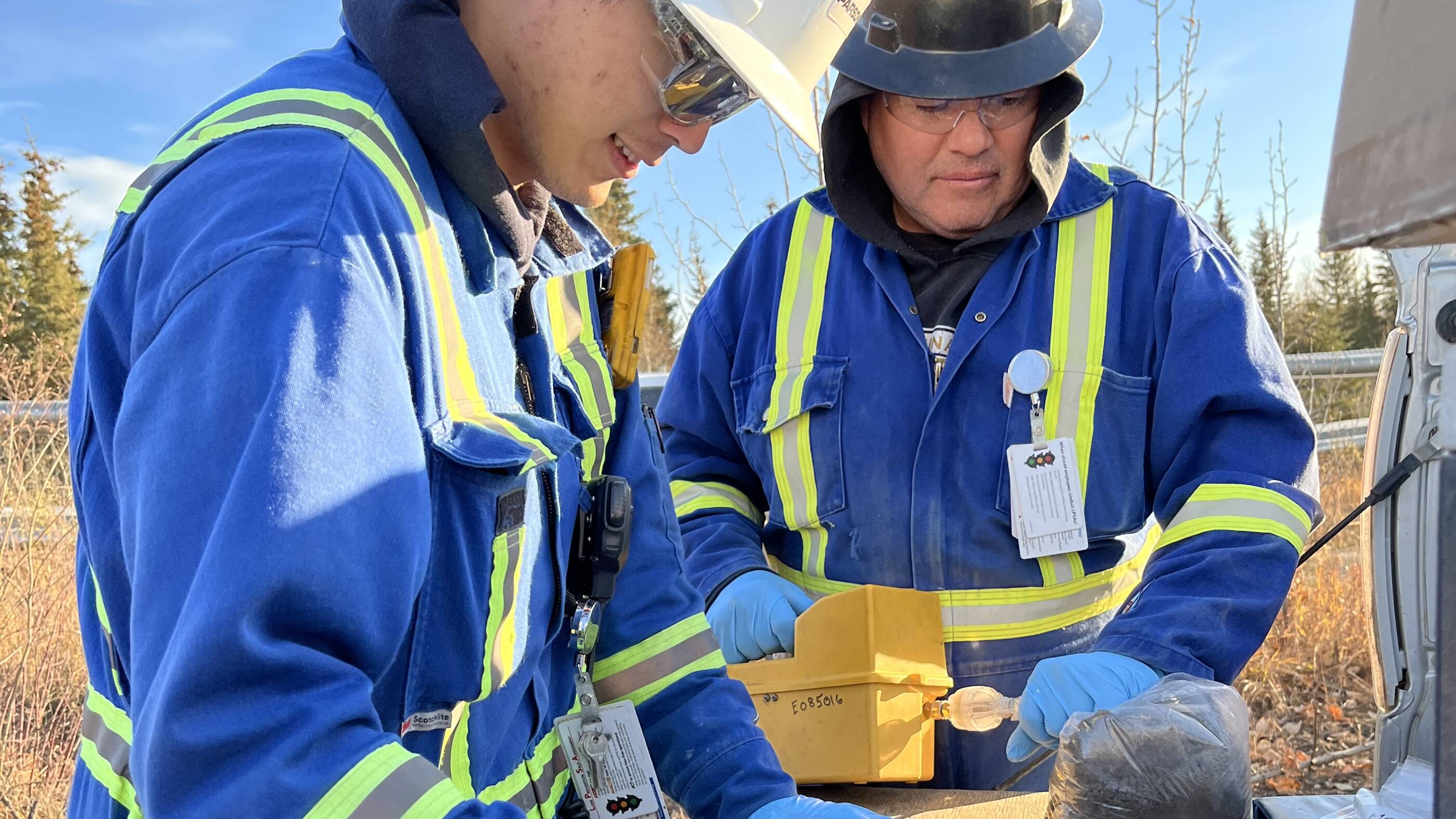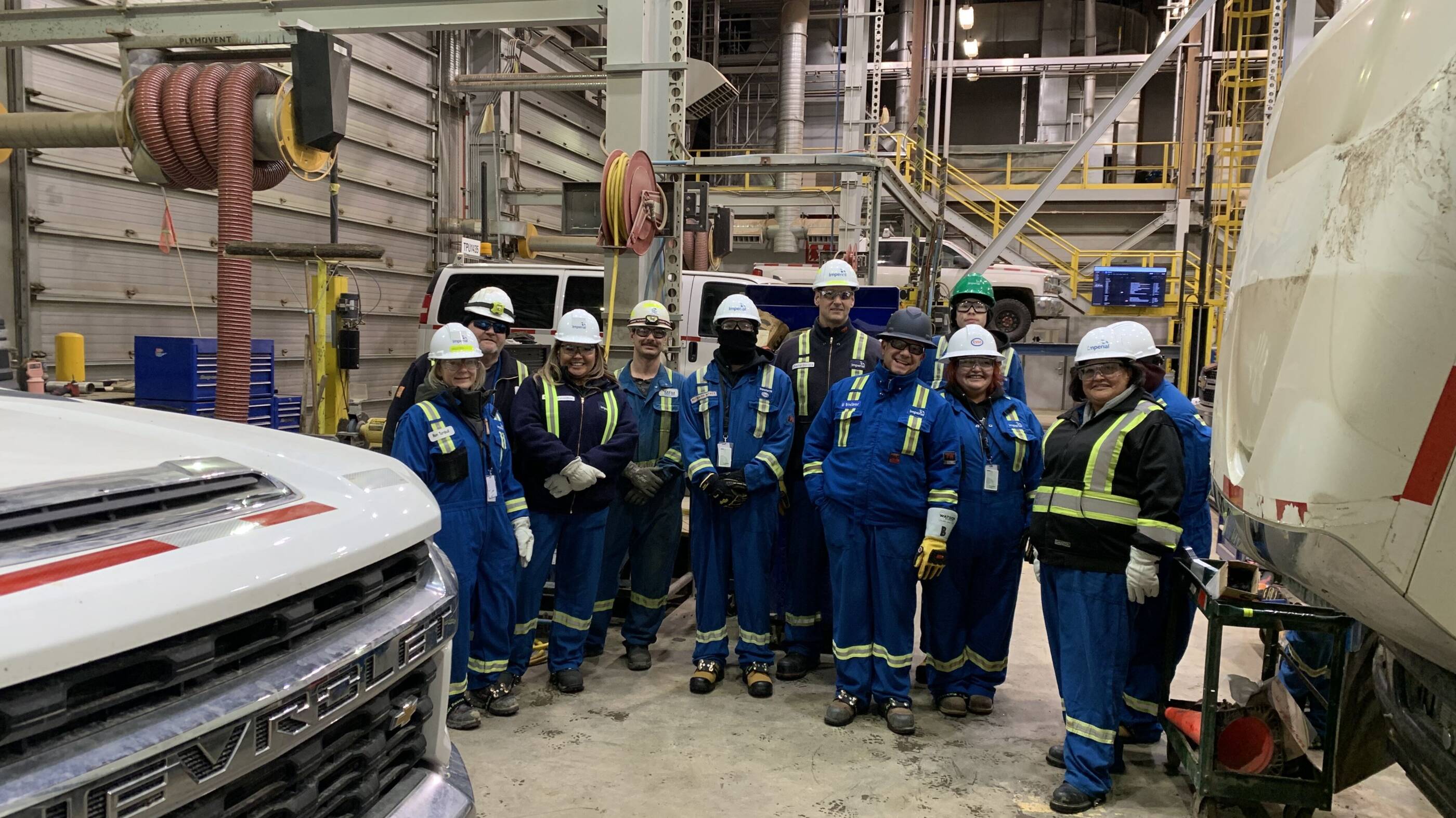selected item
Consultation and community engagement
Imperial’s Indigenous consultation and community engagement program is focused on building relationships and maintaining ongoing dialogue with Indigenous leaders and community members by learning about and valuing traditional practices, decision-making processes, cultural activities and languages.
While our aim is to start conversations early in our project planning to allow enough time to consider feedback and collaborate on mitigation measures, it is the relationships developed and connections made over time that allow us to meaningfully share ideas and mutually beneficial opportunities.
Shared outcomes of value in community engagement are based on a foundation of relationships and trust. Our engagement is not defined by simply meeting regulatory consultation requirements. We understand success from our Indigenous community neighbours is showing up, regular interactions and transparent information sharing.
The Indigenous engagement plans that support our operations identify and prioritize important community relationships close to our sites across Canada. Ownership and accountability for relationships with community leaders is embedded in our business and site leadership teams – not with people in corporate head offices. These relationships are maintained through regular face-to-face meetings to understand evolving needs, priorities and leadership changes. Communities nearest our operations may have formal meeting schedules outlining quarterly or annual meetings to discuss topics including workforce development, economic development, environment, social investment and leadership.
Learn more about our Operations.
Related content

Economic development

